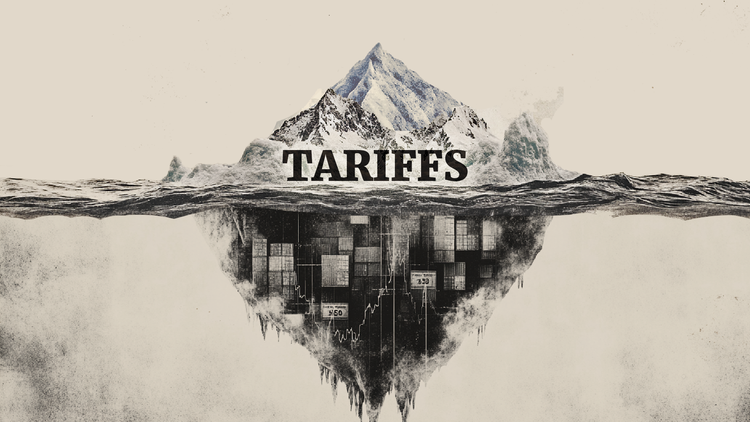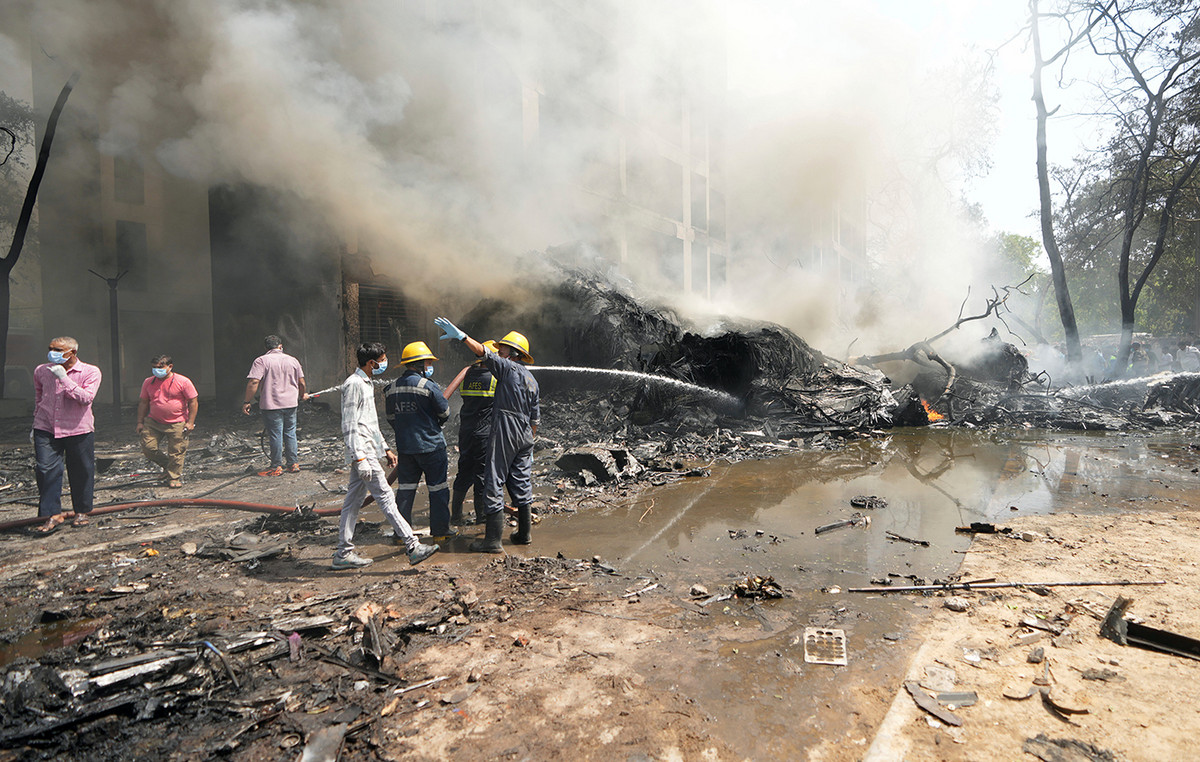The war in the Gaza Strip between Israeli troops and Hamas turns one year old this Monday (7). The conflict, which began localized in Palestinian territory, has spread to Lebanon and threatens to further expand into a broad regional war in the Middle East.
On October 7, 2023, Hamas fighters launched hundreds of rockets and carried out an invasion of Israeli territory. According to the Israeli government, more than 1,200 people were killed and hundreds were taken hostage.
Prime Minister Benjamin Netanyahu then promised to rescue people detained in Gaza and destroy Hamas’ military capabilities, as well as kill its leaders.
Experts warned at the time that Israeli objectives would be difficult to execute, given that the Palestinian group built kilometers of tunnels under the Gaza Strip.
Since then, Israel has carried out ground incursions and heavy air strikes, which have destroyed or damaged more than two-thirds of the buildings in the region, according to the United Nations Relief and Works Agency for Palestine Refugees in the Near East.
Additionally, more than 40,000 Palestinians were killed in the war, according to the Hamas-controlled Gaza Ministry of Health. The UN adopts this same count.
And the end of the war?
Experts consulted by CNN agree that there is no prospect that the end of the war in the Gaza Strip is on the near horizon, whether due to the escalation of more conflicts in the Middle East, the objectives set by Israel for the end of the conflict or deeper historical issues.
Leandro Consentino, political scientist and professor at Insper, understands that there will still be “escalates and gets worse” before the situation in the Middle East is calmed. Furthermore, it highlights that this is a difficult issue to resolve.
“Ending the war involves a series of religious and ethnic issues that, in fact, are not trivial. They involve, for example, the fact that some Arab powers do not accept the existence of the State of Israel, as well as the fact that Israel believes that some groups there are terrorist groups”, he commented.
“Therefore, giving up one’s identity is something difficult to imagine,” he added.

Augusto Teixeira, leader of the Strategic Studies and International Security research group at the Federal University of Paraíba, assesses, in turn, that the height of the war in the Gaza Strip has already passed, as a large part of Hamas’ operational capacity has been degraded or destroyed .
As much as Israel seeks the destruction of Hamas and the return of hostages, the expert points out that the parameters of an Israeli victory have never been clear, as there is no defined plan for the future of Gaza.
This is an uncertain scenario, as there is no agreement on who will command the Gaza Strip — the Palestinian Authority, the UN, or an international coalition, for example — or what this transition will be like.
“Without a desired ‘end state’ or parameters for successful victory, it is very difficult to say when the war will actually end”, ponders Teixeira.
Benjamin Netanyahu previously stated that he does not intend to occupy Palestinian territory, but his cabinet and other Israeli authorities denied a proposal defended by the international community, including the United States: the Two-State Solution.
In this case, there would be coexistence between a Palestinian State and an Israeli State.
Israel’s goals and destruction of Hamas
In recent months, thousands of people have taken to the streets in Israel to protest against Netanyahu’s government, pushing for a ceasefire agreement and the release of hostages.
Regarding the destruction of Hamas, Leandro Consentino understands that the group can be “demobilized on one side and resurface on the other”, as it is also an ideology and could reappear in the future.
Augusto Teixeira highlights that the destruction of the armed group from the “physical perspective”, of operational capacity, logistics and infrastructure, is an objective closer to being completed.
However, he agrees that the end of Hamas “as an ideological political idea is something that is perhaps beyond Israel’s reach.”
In the protests, part of the Israeli population accuses the country’s government of not really being willing to close new agreements for the release of hostages.
The experts consulted by the CNN they also reflect on Israel’s intention.
Consentino assesses that the continuation of the conflict is in the interests of Benjamin Netanyahu, as it is a way of legitimizing his government. The professor recalls that, before the conflict began, the prime minister’s popularity was at a low point.
“I think that Israel is far from these war objectives, and perhaps it is not even Netanyahu’s desire that these objectives are easily achievable and materializable,” he says.
Teixeira also analyzes that “the return of the hostages is not the main priority of the Netanyahu government, as the physical destruction of Hamas does not directly coincide with the return of the hostages, as they constitute a bargaining chip between Hamas and Israel”.
This content was originally published in One year after Hamas attack, experts see escalating tension in the Middle East on the CNN Brasil website.
Source: CNN Brasil
Bruce Belcher is a seasoned author with over 5 years of experience in world news. He writes for online news websites and provides in-depth analysis on the world stock market. Bruce is known for his insightful perspectives and commitment to keeping the public informed.







